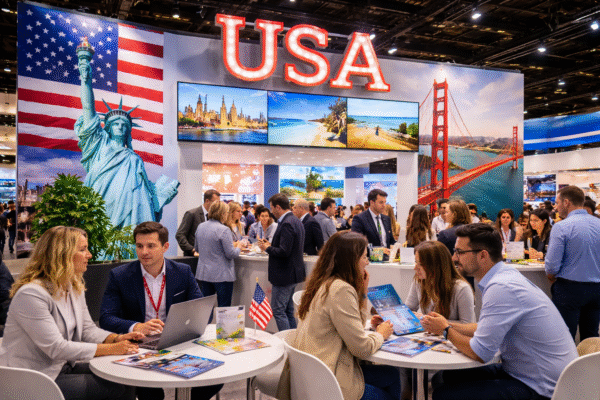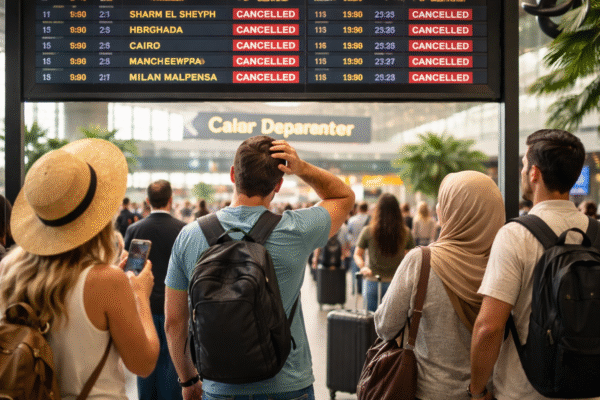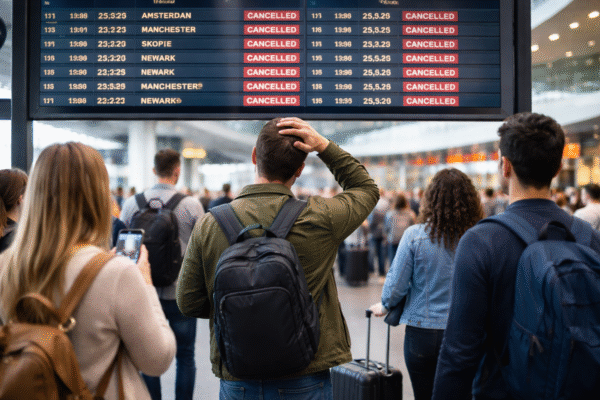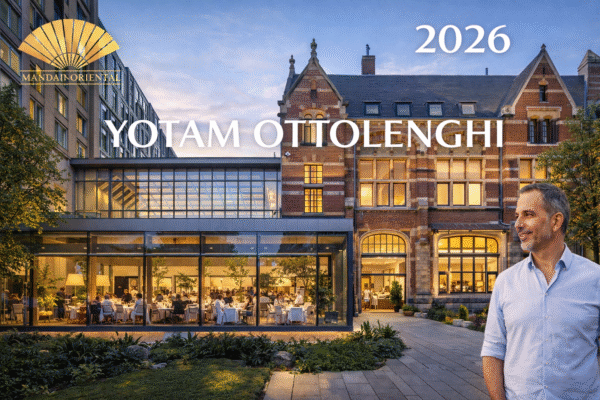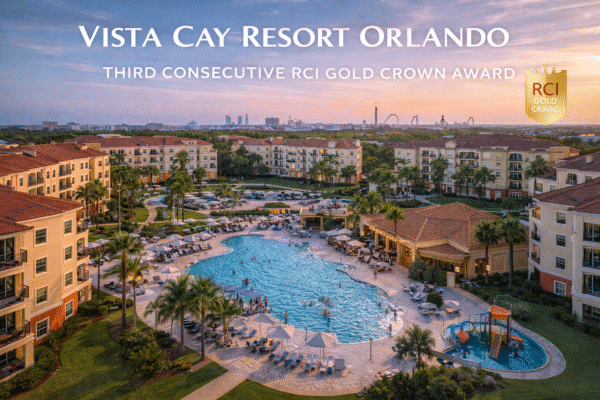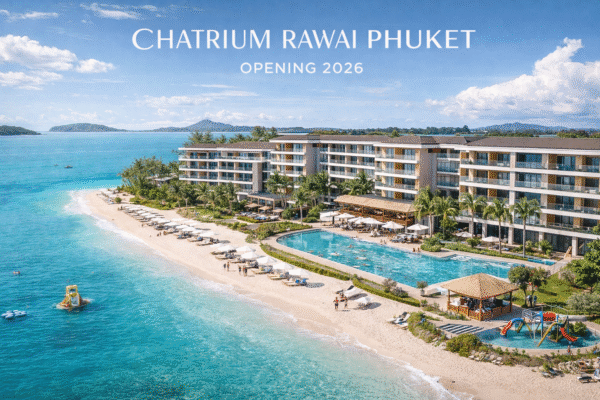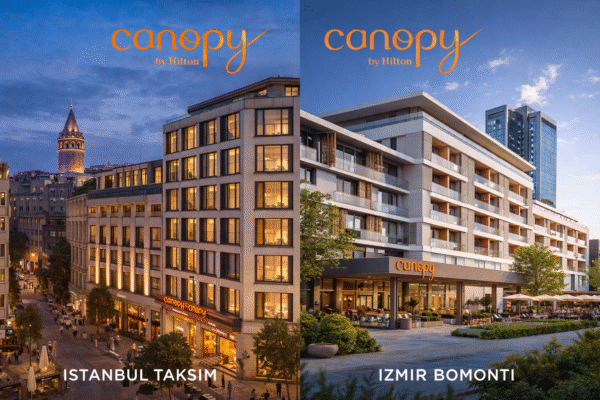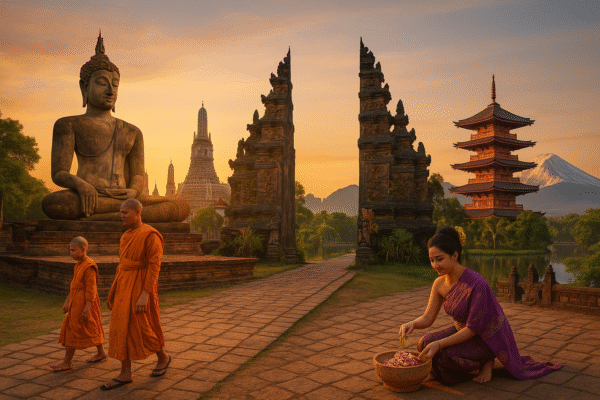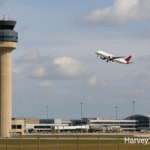Asia’s Cultural Vanguard: Thailand & Neighbors Lead Soft-Power Renaissance
Bangkok (Thailand) – In the dynamic realm of global tourism and cultural diplomacy, Thailand has emerged as Asia’s leading force in cultural heritage. According to the 2024 “Countries with the Richest Cultural Heritage” ranking by U.S. News & World Report, Thailand earned the prestigious title of having the richest cultural heritage in Asia—and globally, it claimed the 8th spot among 89 countries assessed YouTube+14nationthailand+14Facebook+14.
This recognition underscores Thailand’s blend of ancient treasures, culinary masterpieces, bustling modern life, and immersive cultural attractions. The ranking assessed nations across five equally weighted pillars: cultural accessibility, deep-rooted history, food, cultural landmarks, and geographical appeal ROYAL THAI EMBASSY, COPENHAGEN, DENMARK+1. Thailand’s compelling combination of heritage temples, world-renowned cuisine, natural beauty, and vibrant cityscapes reinforces why tourists from around the globe continue to flock to the “Land of Smiles” ROYAL THAI EMBASSY, COPENHAGEN, DENMARKnationthailand.
Regional Leaders in Cultural Wealth
Beyond Thailand, its Asian neighbors—India, Japan, China, Indonesia, Vietnam, Malaysia, South Korea, Singapore, and the Philippines—round out the top ten Asian contenders in the same ranking nationthailand. Together, these countries are not only preserving their ancestral traditions but also transforming cultural capital into sources of economic strength and global influence.
Soft Power Strategy: Thailand’s Cultural-Economic Engine
Thailand’s government has smartly leveraged this cultural prestige into a forward-thinking soft-power strategy. Anchored by THACCA (Thailand Creative Culture Agency), under the Strategic Transformation Office, these efforts are geared to elevate creative industries and embed cultural identity into economic growth policies Bangkok Post+12Wikipedia+12nationthailand+12.
Thailand’s approach centers around the celebrated 5Fs: food, film, fashion, fighting (martial arts like Muay Thai), and festivals. Authorities aim to boost soft-power contributions to national GDP—from around 8.9% toward an ambitious 15%—while generating massive revenues (estimated at 4 trillion baht, roughly US$139 million) via cultural sectors US-ASEAN Business Council+1.
The “One Family One Soft Power” (OFOS) initiative, part of a broader national campaign, is set to upskill 20 million Thais by 2027 through free courses—bridging tradition with innovation across industries such as music, design, tourism, literature, sports, and gaming Tatler Asia+1.
Thailand also champions major cultural events—like extending Songkran into the “Maha Songkran World Water Festival,” street-art competitions, and youth arts programs—that reinforce local pride and global relevance Wikipedia.
Creative Hubs and Global Culture Outreach
Thailand is building infrastructure to fuel its creative industries. The Thailand Creative & Design Center (TCDC) in Bangkok, with branches in Chiang Mai and Khon Kaen, serves as a national resource hub. It supports designers, entrepreneurs, and creative businesses via exhibitions, workshops, and global collaborations Wikipedia.
Through cultural diplomacy—film exports, festivals, cuisine promotion, and talent showcases—Thailand projects a modern yet heritage-rich image to the world. Whether it’s BLACKPINK’s LISA, viral icons like Moo Deng the baby hippo, or international cinema collaborations, these efforts are broadening Thailand’s international appeal and attracting foreign investment TIME.
Economic and Community Benefits
By intertwining cultural preservation with innovation and global outreach, Thailand’s soft power strategy strengthens tourism, exports, and creative sector jobs. Cultural tourism, in particular, delivers sustainable benefits—revitalizing infrastructure, preserving heritage sites, and empowering local artisans and communities.
Thailand’s ranking as Asia’s top cultural heritage destination offers both prestige and performance. With systematic policies—from talent development to regulatory reform and global cultural campaigns—Thailand is redefining how cultural heritage can drive economic prosperity and international influence.
Conclusion
As Asia’s cultural landscape undergoes a renaissance, Thailand stands at the forefront—recognized as the region’s richest in cultural heritage and a global top-10 powerhouse. Through strategic investment in creative industries, soft-power diplomacy, and cultural inclusivity, Thailand is not only preserving traditions but transforming them into catalysts for growth, innovation, and global connection.
For more travel news like this, keep reading Global Travel Wire

